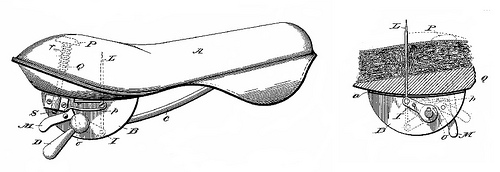You are to choose exactly one of two opaque boxes, A and B. A mean demon has put $1,000 in the box he predicted you would not take and nothing in the other. Since you know that the predictions are quite reliable, you can be sure you will pick the wrong box. … [Now suppose] we add a small bonus for taking box B. Some of us are now inclined to say that this modification renders the A option irrational. For it seems that the bonus tips the balance that previously existed between two equally good choices. If taking box A is as rational as taking box B, then the package deal of taking B plus the bonus must be more rational than taking Box A. Yet … if the bonus makes taking B the uniquely rational choice, then you would know that the money was in box A. This knowledge would force you to change your mind in favour of taking box A.
— Roy A. Sorensen, Blindspots, 1988, after Brian Skyrms
Sorensen adds: “Perhaps this reply has some persuasiveness when the bonus is small. But now suppose that the bonus is almost as great as the prize itself, say $900. Wouldn’t it be irrational to forgo a sure $900 by taking box A?”
See Newcomb’s Paradox.




